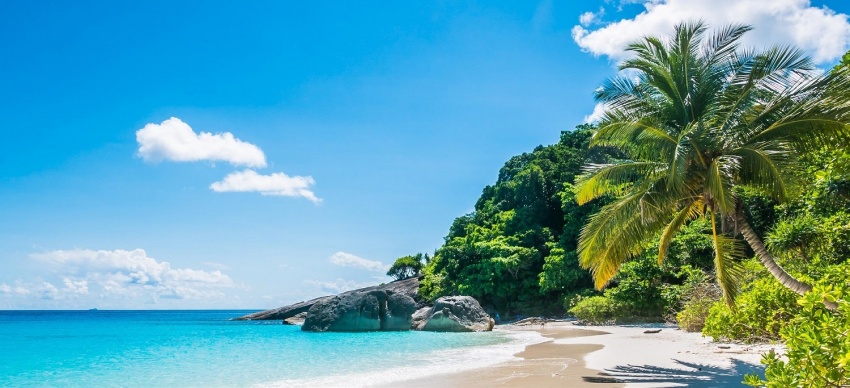INTERNATIONAL INVESTMENT
AND PORTAL
Earlier in August the government issued a visa exemption under the tourism development stimulus programme for citizens of Belgium, Bulgaria, Croatia, the Czech Republic, Hungary, Luxembourg, Netherlands, Poland, Romania, Slovakia, Slovenia, and Switzerland.

The policy, effective from August 15 for the next three years, allows citizens of these countries to stay for up to 45 days regardless of passport type, as long as they meet the entry requirements according to Vietnam’s regulations.
In March, Vietnam made the same move for Germany, France, Italy, Spain, the UK, Russia, Japan, South Korea, Denmark, Sweden, Norway, and Finland.
Nguyen Tuan Linh, director of Mr. Linh’s Adventures, said that policy is important to attract tourists and enhance the competitiveness of Vietnamese tourism with other countries in the region. “The markets that Vietnam exempts visas from are mostly developed countries. Extending their stay will create growth in tourists this year and create opportunities for tourism businesses to access and improve their products,” Linh said.
A World Tourism Organization report on the impact of visa facilitation in G20 economies said that visa exemption or simplification could help increase the number of international visitors by up to 25 per cent each year.
Europe is the second-largest international tourist market for Vietnam, after Asia, and accounts for 11.3 per cent of international visitors in 2024, according to the Vietnam National Authority of Tourism. In the first seven months of 2025 alone, Vietnam welcomed more than 12.2 million international visitors, of which the number of visitors from the UK, France, Germany, Italy, Spain, and Switzerland consistently ranked first among key tourism markets.
Vu Van Tuyen, director of Travelogy Vietnam, said that in the context of increasingly fierce competition for destinations in Southeast Asia, where countries such as Thailand, Singapore, and Malaysia have taken the lead in visa policies, Vietnam’s relaxation of entry procedures is a positive signal to enhance the competitive advantage of the tourism industry.
“European tourists often prefer long-term tours that combine relaxation and exploration, while the wealthy and celebrities require exclusive and private products. Visa exemption for temporary stays of up to 45 days will create conditions for travel companies to build personalised, in-depth itineraries,” he said.
Tuyen added that the long-term experience tours popular with international visitors are those to explore the nature of the northeast and northwest, to learn about the beauty of UNESCO heritage sites, or high-end tours for rich guests, with private yachts on Halong Bay, luxury villas in Phu Quoc, and golf courses.
According to Dr. Justin Matthew Pang, senior lecturer of Tourism and Hospitality Management at RMIT University Vietnam, European tourists often have the habit of travelling for long periods of time, around 1-3 weeks, with high spending levels of $1,500-2,500 per trip. In addition, they are also very interested in sustainability, service quality, and want to participate in heritage conservation activities.
“Vietnam can absolutely take advantage of this sustainable tourism trend to attract tourists from Europe, through developing tours that combine nature protection and support for local communities, and ecotourism products,” Pang said.
Over the past two years, the recovery and development of Vietnam’s tourism has been associated with a well-established visa policy through e-visas and unilateral visa exemption.
In mid-2023, Vietnam expanded the issuance of e-visas to citizens of all countries and territories, increasing the duration of stay from 30 days to 90 days, valid for single or multiple entries. Also, the temporary stay period for citizens of countries exempted from visas to Vietnam was increased from 15 to 45 days, allowing tourists to stay in Vietnam longer, experience more and spend more when travelling.
Nguyen Trung Khanh, director of the Vietnam National Authority of Tourism said, “The flexible policy has removed important barriers, creating momentum for businesses to expand their markets, while significantly increasing Vietnam’s attractiveness to high-quality international visitors.”



















